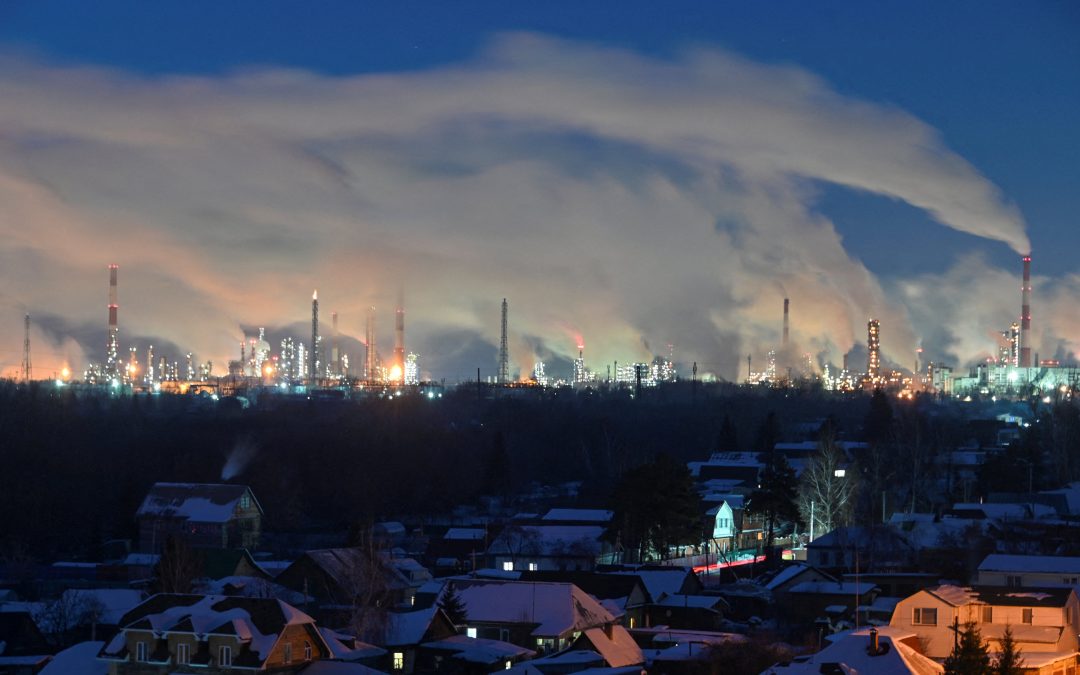Exploring the Impact of President Trump’s Trade War on Oil Prices and its Potential Consequences for the Russian Economy
The ongoing trade war between the United States and various countries, notably China, has sent ripples through the global economy. While the impacts of this war have been widely discussed, an interesting perspective emerges when we examine its potential effects on oil prices and how this might affect the Russian economy.
Oil has always played a significant role in world politics and has often been a key driver of economic growth for oil-exporting nations. One of these nations is Russia, which heavily relies on oil exports to sustain its economy. Therefore, any fluctuations in oil prices, whether caused by geopolitical tensions or external factors, can have profound implications for Russia’s economic stability.
President Trump’s trade war has led to a slowdown in global trade and has strained relationships with some of the world’s major economies. As a result, it has contributed to a decrease in oil demand, which has driven down prices. This downward pressure on oil prices has overshadowed the impact of the penalties imposed by the United States and its allies on Russia.
Historically, Russia has been subject to economic sanctions due to its geopolitical actions, including annexing Crimea and supporting separatist movements in Ukraine. These penalties have targeted Russian industries, restricting access to international markets and technology, stifling economic growth, and negatively impacting its currency.
However, the trade war-induced decrease in oil prices might have a more significant and immediate impact on Russia’s economy than these penalties. The decline in prices reduces the revenue generated from oil exports, placing pressure on the Russian government to find alternative sources of income to sustain its budget.
One solution to mitigate the potential damage is for Russia to diversify its economy and reduce its dependence on oil exports. The government can invest in sectors such as technology, renewable energy, and manufacturing to build a more balanced and resilient economy. This shift can stimulate innovation, create new job opportunities, and reduce vulnerability to fluctuations in oil prices.
Additionally, Russia can expand its trading partnerships with countries outside the scope of the trade war, seeking new markets for its exports and fostering economic growth. By diversifying its customer base, Russia can minimize its reliance on specific regions or countries affected by the trade war and reduce its vulnerability to price swings caused by geopolitical tensions.
Furthermore, Russia can foster stronger relations with oil-importing countries that are not major players in the trade war. By forming alliances and partnerships with these nations, Russia can secure stable and reliable markets for its oil exports, ensuring a steady stream of income even in times of global economic uncertainty.
In conclusion,
the trade war instigated by President Trump has caused a decline in oil prices, which could prove more detrimental to the Russian economy than the penalties associated with geopolitical conflicts. To weather this storm, Russia must diversify its economy, tap into new markets, and strengthen ties with non-trade war participants. By doing so, Russia can minimize the impact of falling oil prices and foster sustainable economic growth.
- Focus on diversification: Invest in technology, renewable energy, and manufacturing to build a more balanced economy.
- Expand trading partnerships: Find new markets for exports outside the scope of the trade war.
- Form alliances with oil-importing countries unaffected by the trade war to ensure stable markets.
